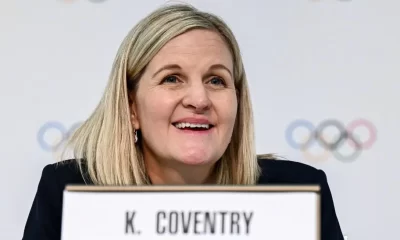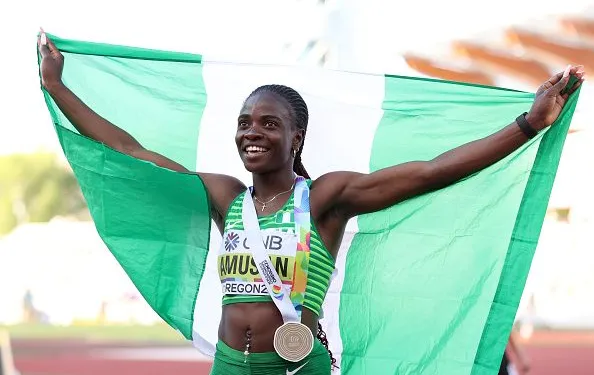Sport
World Athletics Approves Cheek Swab Test to Verify Female Athletes’ Biological Sex

World Athletics announced on Tuesday the approval of a cheek swab test to determine whether an athlete is biologically female, a move aimed at safeguarding the integrity of women’s sports.
Sebastian Coe, president of the international athletics governing body, described the decision—approved by the World Athletics Council—as a crucial step in maintaining fairness in female competition.
“It’s important to implement this because it reinforces our commitment to not only discussing the integrity of women’s sport but actually ensuring it,” Coe said at a press conference following the Council’s two-day meeting in Nanjing, China, after the World Indoor Championships.
The governing body has not set a specific date for the introduction of the test, but it is expected to be in place for the outdoor World Championships in Tokyo this September.
Coe emphasized that the decision followed extensive consultations, with an overwhelming consensus supporting the test as a necessary measure. He also reassured that the cheek swab test was minimally invasive and expressed confidence that the policy could withstand legal scrutiny.
“I would never have pursued this path if I wasn’t prepared to take on the legal challenges that may arise,” Coe said. “We have already defended our DSD (differences of sex development) regulations before the Court of Arbitration, and they have been upheld. We will continue to do whatever is necessary to protect the female category.”
While World Athletics is moving forward with the cheek swab test, it is also exploring the use of blood spot testing. The proposed test would check for the presence of the SRY gene, which is typically found on the male Y chromosome and is considered a highly accurate indicator of biological sex. According to World Athletics, athletes would only need to take the test once in their careers.
Coe, who recently finished third in the race for International Olympic Committee (IOC) president—won by Zimbabwean former Olympic swimmer Kirsty Coventry—has long advocated for measures to protect women’s sports, warning that failing to do so could threaten the category’s existence.






















